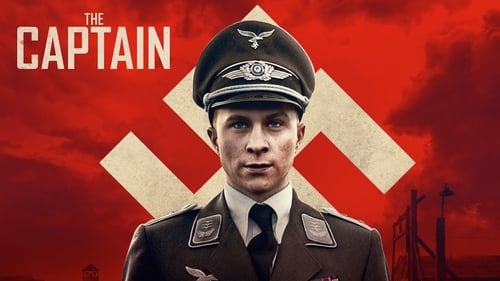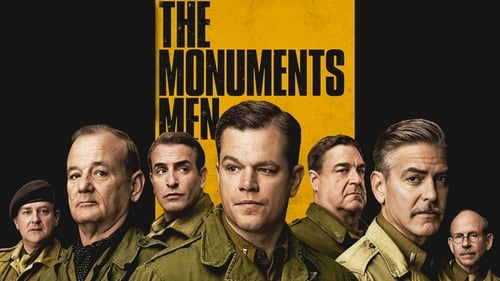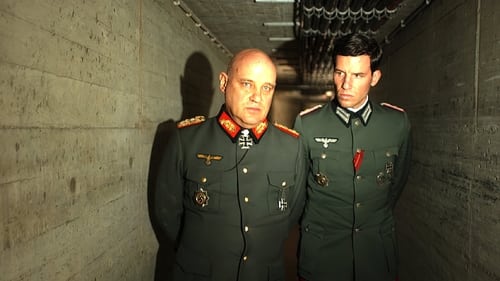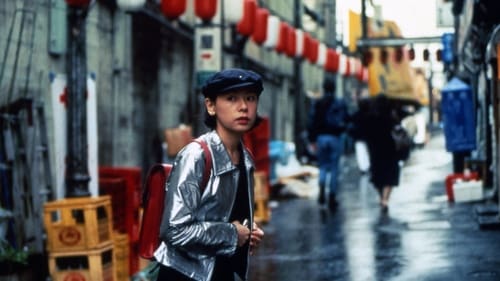Stefan Kolosko
Birth : 1973-01-01, Berlin, Germany

Contemporary cinema’s preeminent chronicler of architecture and its intersection with the ever-present crisis of 20th-century modernity, Heinz Emigholz returns with an alternately mournful and sly treatise on how the presence—and, in some cases, absence—of municipal and communal building architecture is inseparable from capitalist ideology. Focusing mainly on cities and provinces in Argentina, Germany, and Bolivia, Emigholz’s latest film is a work of quiet observation and historical excavation. From slaughterhouses in Salamone to the flooded former spa city of Epecuén to the newly built Humboldt Forum in Berlin, the film demonstrates the effect of capital on public spaces, where creation and destruction go hand in hand, and as always, Emigholz makes the journey one of intellectual force and cinematic beauty.

Using unpublished and newly digitalised archive footage and film material, Bettina Böhler has brilliantly assembled this film about the life and work of the exceptional artist Christoph Schlingensief, who died in 2010.

Germany, 1945. Soldier Willi Herold, a deserter of the German army, stumbles into a uniform of Nazi captain abandoned during the last and desperate weeks of the Third Reich. Newly emboldened by the allure of a suit that he has stolen only to stay warm, Willi discovers that many Germans will follow the leader, whoever he is.

Lothar
A small German village in the south of Brandenburg is preparing for a traditional youth ceremony. Children become adults, which is a cause worth celebrating. The young Kai lives with his father on a farm. They have invited guests for the festive meal planned for the following day. Everything has been arranged and the calf is ready for slaughter. But Kai's father does not want to slaughter or celebrate, he wants his peace. Driven by the fear that everything could go wrong, Kai races through the sleepy village. The afternoon leads him to Lea, a local girl. With her, time takes on a different pace. KAI captures a formative moment in life, where a boy tries to find a way out. From a village, from a family situation and from his own anxieties.

Hinz
In 1988, the East Berlin homicide squad again and again encounters crimes that - according to the opinion of party leadership and state security - do not exist in socialism.

German Commander
Based on the true story of the greatest treasure hunt in history, The Monuments Men is an action drama focusing on seven over-the-hill, out-of-shape museum directors, artists, architects, curators, and art historians who went to the front lines of WWII to rescue the world’s artistic masterpieces from Nazi thieves and return them to their rightful owners. With the art hidden behind enemy lines, how could these guys hope to succeed?


The 13 days from April 20th to May 2nd, 1945, are unique in the history of Germany: They are the final act in the history of the third Reich which was supposed to last for a thousand years and succumbed after twelve in an orgy of violence and fire. In the catacombs of his bunker under the Reich Chancellery in the capital city of Berlin, which Adolf Hitler wanted to make to the centre of the world, the dictator operates with ghost divisions during the final days of the war. Only in the final moment, he takes his own life. Meanwhile, On the streets, in the ruins, and the basements of the destroyed city, the final battle wages on: Adolescents are sacrificed without purpose, women get raped, loyal party comrades commit suicide in the thousands, Jews who were in hiding for years hope for the liberation.

Assistant
The same situation is played out in different cities (New York, Berlin and Tokyo). A lover has to choose whether to commit to a partner who is returning home. In each case there are other people involved, an ex-partner and someone else in a "permanent" relationship, what do they choose to do?

In East Berlin in the late 70s, two boys meet one evening in a disco: Thomas, who is from a working class family and is doing an apprenticeship, and Michael, a 16-year-old school pupil from an educated middle-class family. They both miss the tram home and walk together instead, ending up at Michael’s house where they discuss God and the world into the early hours. Following this encounter the two boys enter into an unusual friendship, united by their mutual desire to get away from the phoniness, the limitations and the restrictions of their parents and of society.








